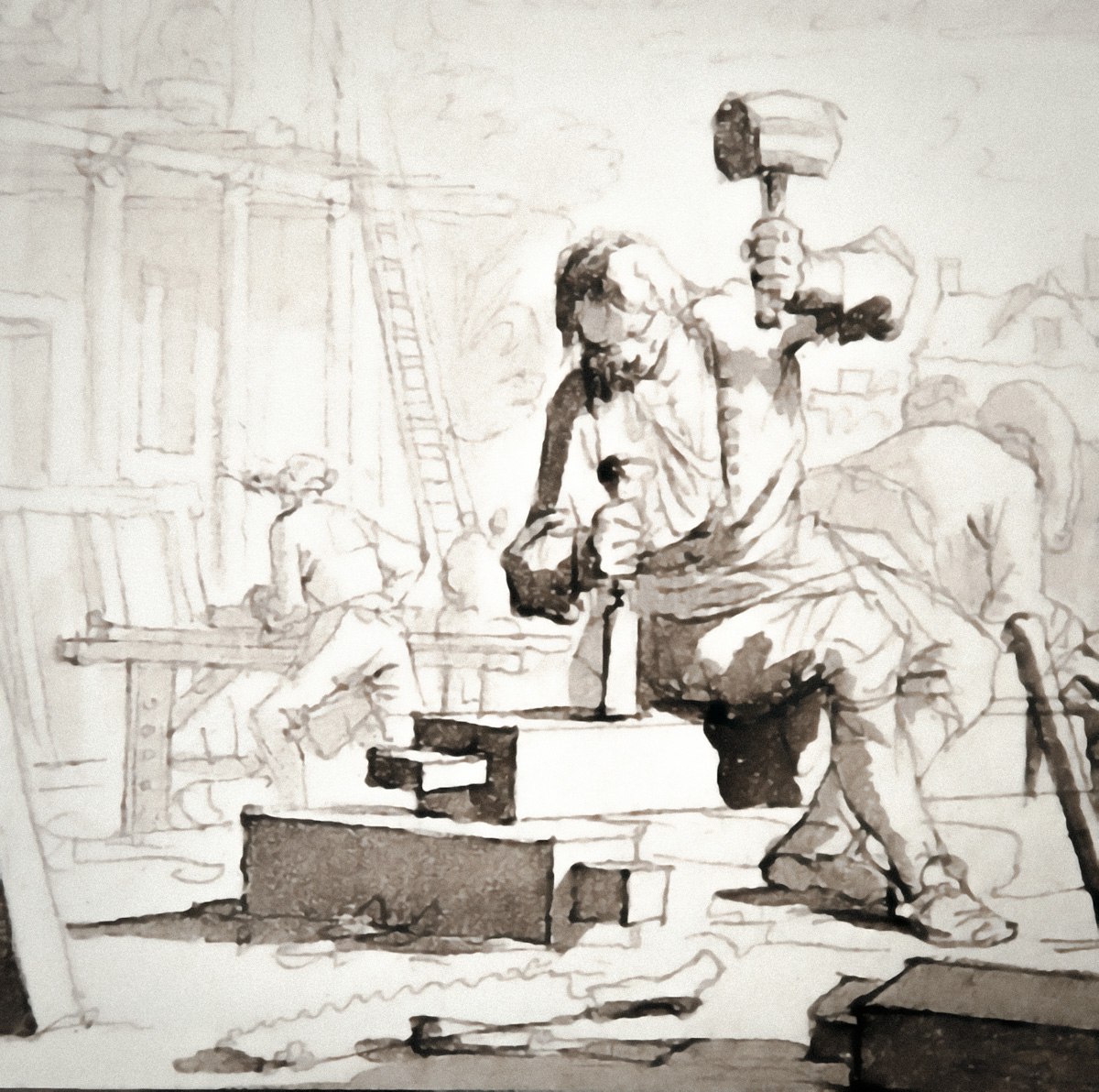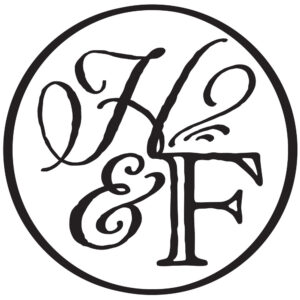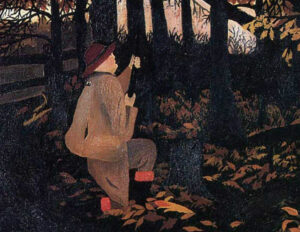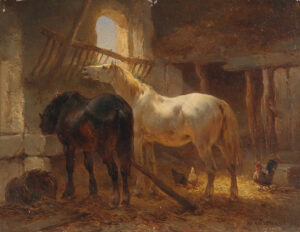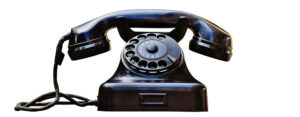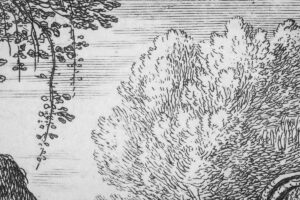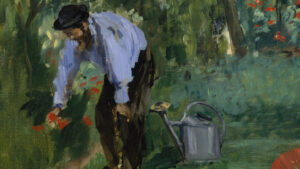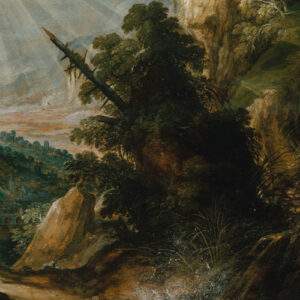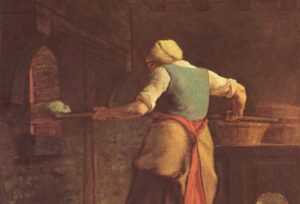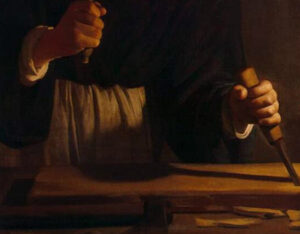—Ink and Echoes—
Do It Ourselves
from The Church and the Land

Fr. Vincent McNabb
—1925—
We were talking about the present breakdown of social machinery. It was agreed by both of us that when the King’s Speech, or in other words the Government, of a few years ago confessed that unemployment could not be remedied by legislation, the breakdown of legislation was humbly admitted by the legislators. Moreover, it was agreed that a revolution, even if possible, was not politic. It would, as a matter of fact, heighten the evils it sought to destroy.
My friend began to feel depressed at this ultimate of thought as if the only alternatives before the people of England were the devil or the deep sea — slavery or the storm-havoc of revolution.
I said sharply, “We must do something.”
To this he replied, almost with a snarl, “Yes, take the last shilling of last week’s dole and hang ourselves.”
I could not help saying: “That is a Eugenic reply.” But I kept my bow on the harbour light by adding at once: “We can do for industrial freedom what Hungary and Ireland did for political freedom. Surely what they did for the lesser we can do for the greater.”
My bullet found its billet. He almost leaped from his seat as he asked: “Have you a vision?”
“Every man has or may have a vision,” I added, with a chill on my words, to keep him thinking. “It is not the vision that fails men; it is men who fail the vision. Facts and common sense are vision enough, Heaven knows, to make Utopia of Whitechapel. But we men who dwell in Whitechapel do not dwell, as by desire we might dwell, in Utopia. We lie sick of a fever, trusting for a return to health to a prescription and a row of medicine bottles; whereas our lost health will come back to us only when we get up, get out, and get on with work for the wife and children in God’s fresh air.”
I could see that I must leave general principles to get to concrete facts or my friend would grind his teeth to toothache. I said: “Only a day or two ago you told me that the country is now giving some hundreds of thousands of pounds as a dole to the building trades. Yet if the house-builders need work, the workers need houses. Why, then, cannot we do something? The country has enough eyesight to see that it is not business to give as a dole for not working what could be given as a wage for work done.”
“Yes,” he added, “two and two make four. Much good that does.”
I took his interruption with a smile. “The addition table is as holy as a creed. But it has to be lived. Two and two make four as a mere statement is the truth. But truth doesn’t fill hungry mouths. You have to make, say, two potatoes into twenty-two potatoes by planting them in your field. Or you must make two strands, the warp and the woof, into cloth for your back.”
Light was dawning in the night of his despairing eyes. He said: “Get on with your vision. I may take a hand in the venture.”
I took up where I had left off; seeing my vision now as a historical event. “You remember my reading you an account of Birmingham house famine. A daily paper had reported (1) there was a shortage of several thousands of houses; (2) that there were thousands of men out of work; (3) that on a plot of several acres of land there were bricks, mortar, sand, lime, wood, iron, and everything necessary for house building. All that was necessary was CAPITAL — i.e., a piece of paper with someone’s name written on it.”
His eyes were a note of interrogation.
I answered them: “Cannot we do it ourselves? All the sensible men and women who love England will thank God for our intelligence!”
“That’s a lot to think about!” be blurted out.
“I have even more where that comes from,” I said, smiling. For me, visions are as definite and concrete as John the Evangelist’s one-hundred-and-fifty-three fish. There was a time when the Northumberland and Durham Miners’ Unions were perhaps the richest and, as they thought themselves, the most powerful unions in the world. What they did with their funds I don’t know. They probably used them in ways which were a practical denial of the principles they were advocating. Perhaps they even lodged their funds with the bankers at 3½ per cent, who very kindly lent it back to the colliery company at 6 per cent. However, these most powerful unions might easily have bought a thousand or five thousand acres of real wealth in Northumberland as Lord Armstrong did. Now if these unions had let this out in small holdings they would probably have doubled or trebled even its market value. I know a farm of five hundred acres, broken into small holdings, which is now worth five times its original value.
“If the unions had been wise they would have begun to organize themselves on a basis of self-support. Coalminers, I didn’t tell you, can’t eat coal. Neither will their stomach digest Bradburys. Napoleon used to say: ‘An army crawls on its stomach.’ My advice to the union would have been to organize a granary where there would always be at least one year’s supply of wheat.
You see—.” My friend rose from his seat. “I see – we must do things ourselves. I must sleep on this.”
I added, gravely: “But you must awake from sleep if you are to do it yourself. And you must suffer a fool gladly, for I have more to say.”
